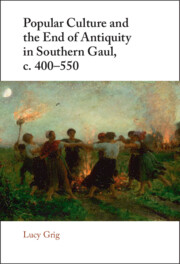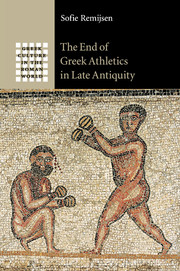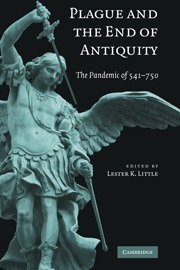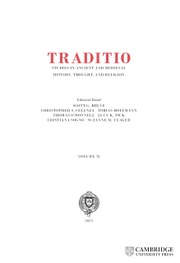Learning and Power in Late Antique Gaul
This book traces the changing political and social roles of classical education in late antique Gaul. It argues that the collapse of Roman political power in Gaul changed the way education was practiced and perceived by Gallo-Romans. Neither the barbarian kingdoms nor the Church directly caused the decline of classical schools, but these new structures of power did not encourage or support a cultural and political climate in which classical education mattered; while Latin remained the language of the Church, and literacy and knowledge of law were valued by barbarian courts, training in classical grammar and rhetoric was no longer seen as a prerequisite for political power and cultural prestige. This study demonstrates that these fundamental shifts in what education meant to individuals and power brokers resulted in the eventual end of the classical schools of grammar and rhetoric that had once defined Roman aristocratic public and private life.
- Explores classical education from the perspective of institutional and cultural history, thereby offering a new way of understanding the transformations of the Roman world
- Closely examines one specific Roman region, Gaul, to allow readers to see the processes of transformation in a microcosm
- Takes a diachronic approach to the history of classical education in Gaul, supported by prosopographical analysis
Product details
July 2025Hardback
9781009543422
320 pages
229 × 152 mm
Not yet published - available from July 2025
Table of Contents
- Acknowledgements
- Abbreviations
- Introduction
- 1. Classical education in the late roman world
- 2. The cultural ecosystem of late antique gaul
- 3. The relationship between education and power
- 4. Education in society and culture
- 5. Classical education and church schools
- Conclusion
- Appendix. 1 Prosopography of Teachers and Students in Late Antique Gaul
- Appendix. 2 CTh 13.3.11 – Gratian's 'School Edict'
- Bibliography
- Index Locorum
- General Index.








.jpg)
.jpg)
